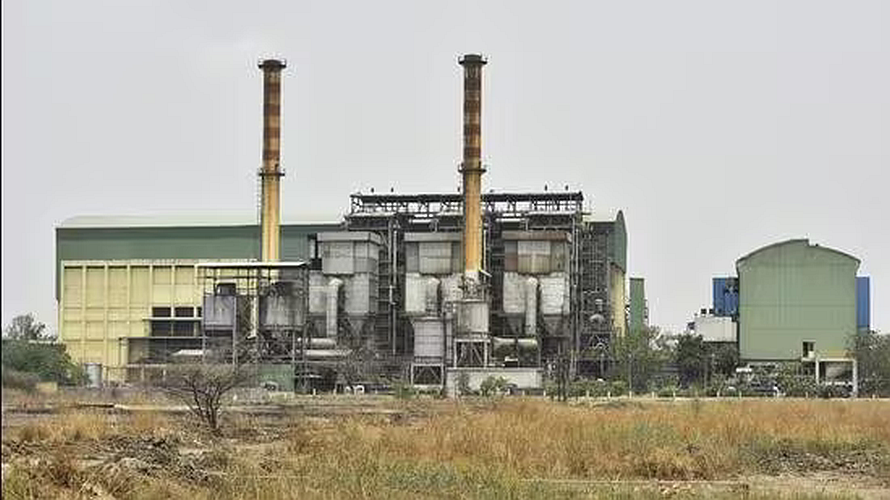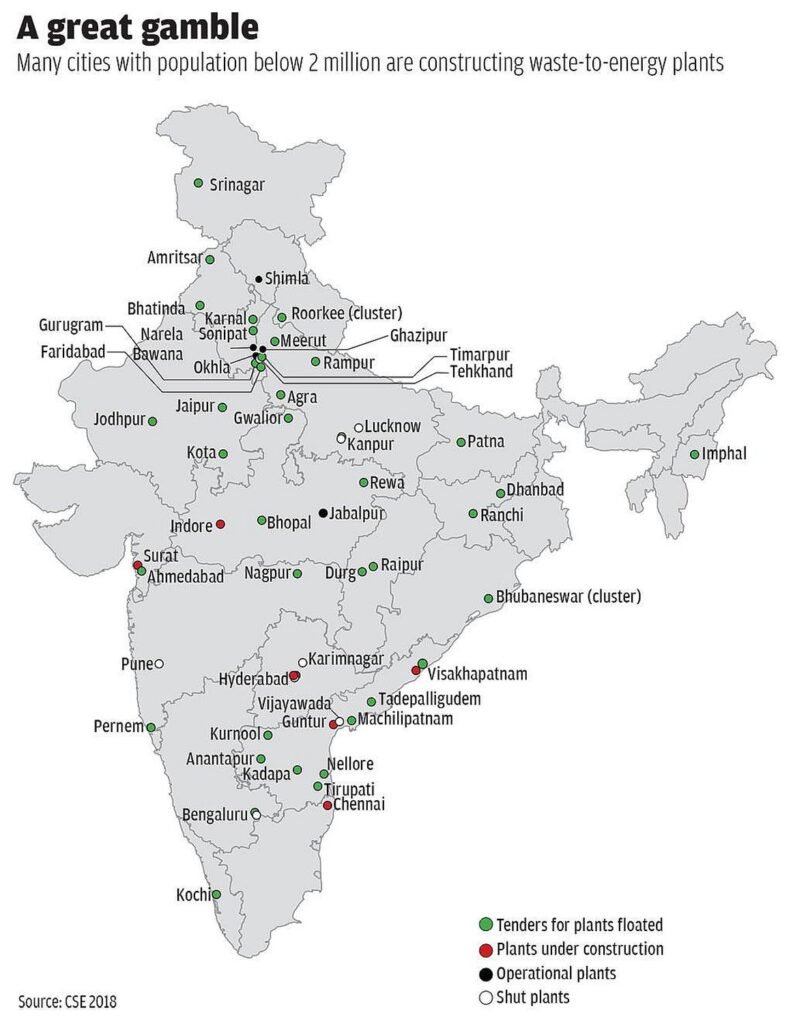In July 2023, heavy rains caused severe flooding in parts of Delhi. The city’s inadequate waste management system may have worsened the flood as it can only handle 71% of its solid waste, with 90% of this being burned in its four waste-to-energy plants located at Ghazipur, Bawana, Tehkhand and Okhla.

The waste management system in Delhi was already in poor condition, and it was unable to keep up with the amount of waste being generated during the floods in July 2023.
According to an unidentified operator, a waste-to-energy plant was unable to accept waste from the Delhi government for more than a week due to heavy rainfall. The waste had become a slurry as a result of uncovered vehicles used for transportation during the rainy conditions.

As a result, the waste being received had a moisture content of over 70% and a calorific value lower than 800 kilo calories per kilogram. Consequently, all the waste that was supposed to be received by the plant is now being redirected to a landfill site.
Waste-to-energy plants produce a significant amount of reject waste, with 300 kg of waste needing to be sent to landfills for every tonne of waste that is burned. Therefore, a plant processing 2,000 tonnes of waste daily will produce 60,000 kgs of reject waste that must be disposed of in landfills.
Delhi has the ability to alter the current situation by implementing source segregation, as mandated by the bye-laws, and ensuring that large waste producers take responsibility for managing their organic waste. Additionally, investing in decentralized waste management techniques is important.

If Delhi produces over 5,000 tonnes of wet waste and implements source segregation, it will be able to establish multiple bio-CNG plants, which are a proven and sustainable method of converting waste into energy.
Bio-CNG provides more favorable prices and greater consumption compared to electricity generated from mixed municipal solid waste to energy facilities. It can also contribute to the use of cleaner fuels in our public transportation systems.
Reference- Down To Earth Story, National Geographic, Delhi Pollution Control website, Times Of India website






